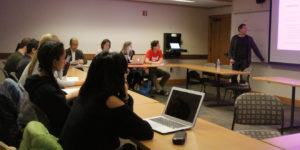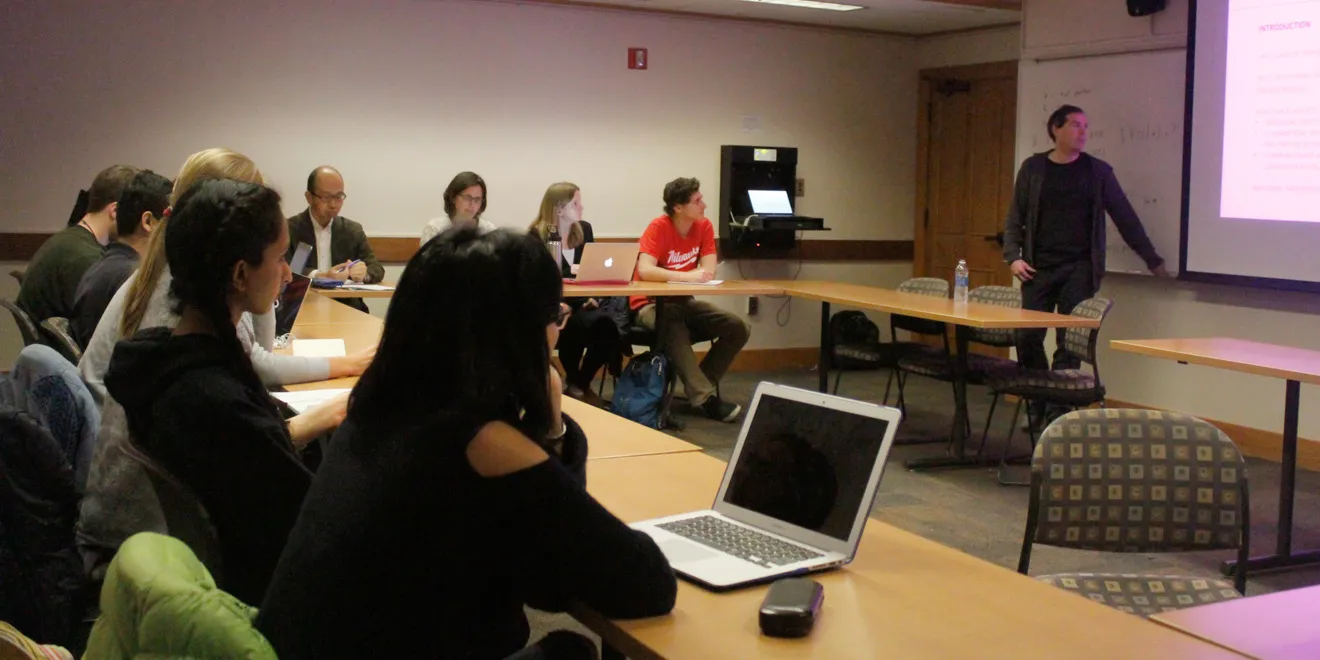Stanford’s recently launched Poverty and Technology Lab aims to use technology in innovative ways in order to solve global problems of poverty and inequality. According to the lab’s leaders, the initiative is the first concrete response to a growing concern that technological progress may be contributing to inequality worldwide.
“There’s a lot of worry… in Silicon Valley about their role in making this a better world,” said David Grusky, co-director of the Stanford Center on Poverty and Inequality and Barbara Kimball Browning Professor in the School of Humanities and Sciences. “The idea behind this lab is that although new technologies… can create some problems, they also have the opportunity to solve some of them.”
The lab officially launched in December during the Summit on Technology and Opportunity, an event organized conjunctly with the White House and the Chan Zuckerberg Initiative, which Facebook founder Mark Zuckerberg and his wife Priscilla Chan established to “advance human potential and promote quality.”
During the summit, representatives from all three institutions spoke about the overall goals of the lab, which include gathering more information on the lives of low-income people and providing them with greater opportunities for education, financial aid and work.
PUBPOL 147: “Ending Poverty with Technology,” a class taught by Grusky that began this winter quarter, is the first in a series of classes at Stanford aiming to educate students interested in the lab about technology’s potential to address the nuanced issue of poverty. The ultimate objective of the class is to do exactly as its name suggests.
“It’s audacious,” Grusky admitted. “We may fail, but at least we know very clearly what the agenda is, and that’s exciting.”

In the spring, Grusky’s students will be able to work closely with some of the lab’s partners to actually develop a product designed to reduce poverty. Grusky said partners may include the Startup Garage in the Stanford Graduate School of Business and the class CS 50: “Using Tech for Good.” Although neither of those programs focuses exclusively on using technology to end poverty, he hopes that, working together, they can make good progress.
However, achieving the course series’ goals will require not only new breakthroughs but also a change in mindset about the most relevant uses of technology, according to Elisabeth Mason, senior advisor to the Center on Poverty and Inequality and co-founder of the Poverty and Technology Lab.
“The majority of [technological] efforts are directed towards making middle-class life easier,” Mason said. “[Instead of] rating restaurants on Yelp, why can’t we rate childcare or healthcare services, or low-income job training support?”
Mason believes that the most productive way to combat poverty and inequality through technology is to build an academic field around the issue. She said that technology has the power to democratize information by making it both more accessible and more accurate.
“Often, poverty is an information problem, a transaction cost problem,” Grusky said. “Some of the new technologies in play can reduce transaction costs.”
“Technology can not only be a way of lowering these costs and providing access, [but] also be a way to give voice and to provide a richer, more nuanced view of what actually happens in low-income communities across the country,” Mason added. “[We] have to… think holistically about the lives of families in poverty and how we can create a society.”
Ultimately, the lab’s goal is to provide a foundation for these ideas to grow into tangible solutions.
“I think it’s a concept whose time has come,” Grusky said. “I’m committed to it over the long haul.”
And although no field of study can come from a single place, Mason noted that “if one wants to start creating a field, Stanford is as great a place as you could possibly find.”
Contact Veronica Kim at vkim70 ‘at’ stanford.edu.
